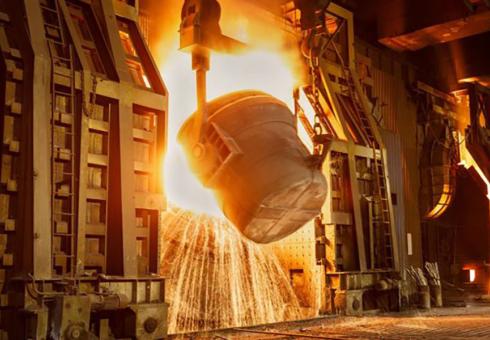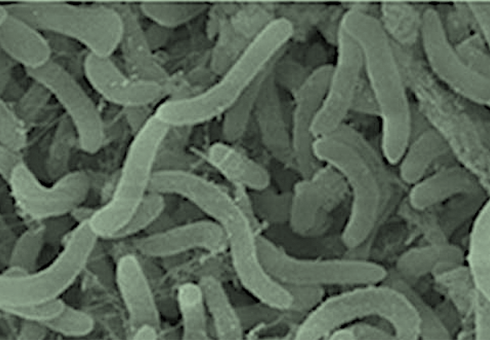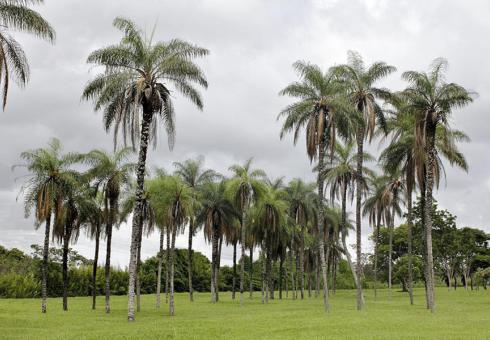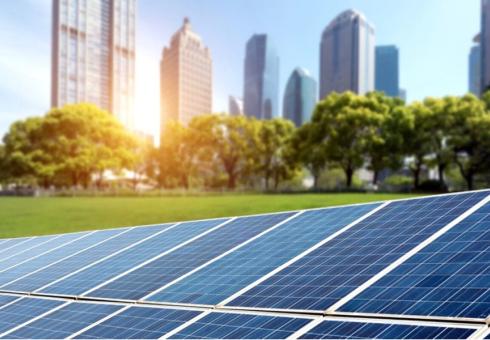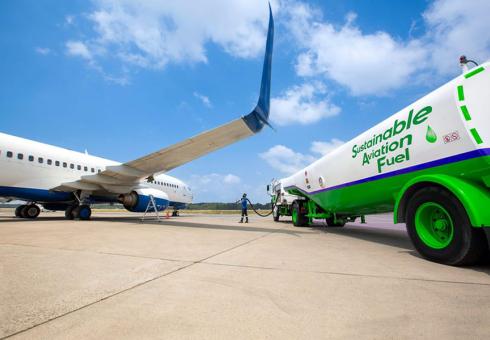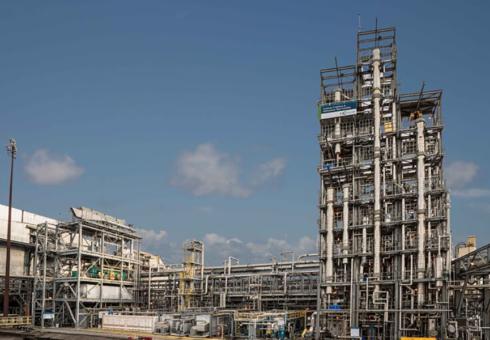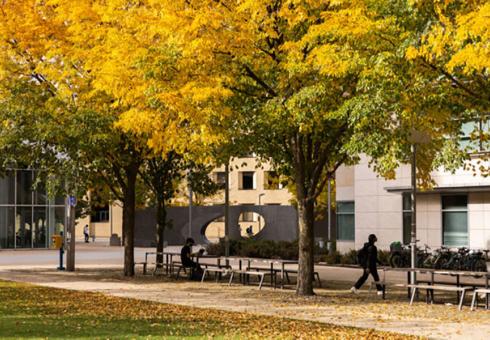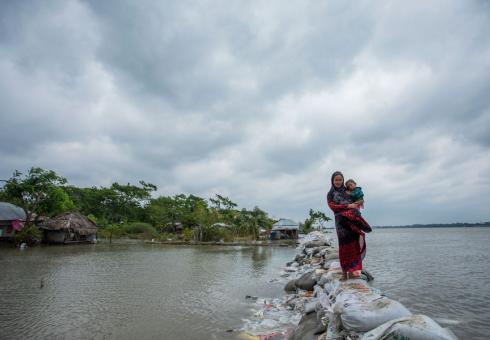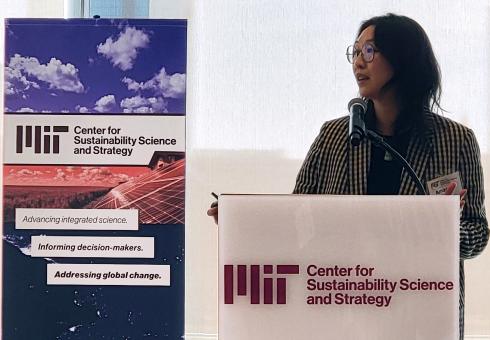News + Media
But a new MIT CS3-led study shows how advanced steelmaking technologies could substantially reduce carbon emissions
MIT CS3 Senior Research Scientist Stephanie Dutkiewicz and co-authors use genetic data and ecosystem modeling to simplify the complexity of marine microbes to improve climate predictions (CBIOMES)
The palm has potential, but it is too early to assess, says MIT CS3 Deputy Director Sergey Paltsev. (Mongabay)
MIT CS3 Principal Research Scientist Jennifer Morris cautions that all energy sources—fossil-based or renewable—have environmental footprints (The American Bazaar)
MIT CS3 study finds that government collaboration and public policies will be necessary to deploy sustainable aviation fuel at scale and reduce its economic impact across the region (LATAM)
An MIT Professor and CS3 faculty affiliate, Solomon was recognized for her groundbreaking work in atmospheric chemistry and climate science (Royal Society of Chemistry)
Developers face about 30% higher capital costs due to post-pandemic inflation, high interest rates and permitting difficulties, says MIT Energy Initiative Senior Research Engineer and CS3-affiliate Howard Herzog (Reuters)
MIT EAPS and CS3 research scientist recognized for computational innovations that are helping to accelerate the pace of scientific discovery (MIT School of Science)
With projected global warming, the frequency of extreme storms will ramp up by the end of the century, finds new study co-authored by CS3-affiliated principal research scientist Sai Ravela (MIT News) (Coverage: Independent)
Key points from the 47th MIT Global Change Forum
We don’t yet know how carbon removal technologies will compare at scale, and there is probably no one “best” method in all times and places, says MIT CS3 Principal Research Scientist Angelo Gurgel (MIT Climate Portal)

